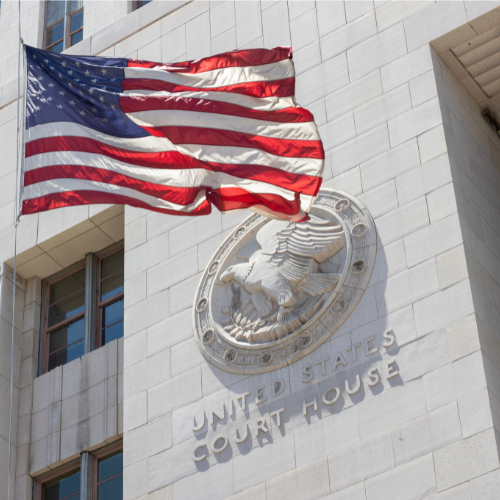When you go shopping, how often do you worry that the deodorant you buy might kill you? The odds are you don’t. After all, we have government agencies working tirelessly to protect us from harmful products. Right?
Sadly, our nation’s faith in the FDA may have been misguided—at least so far as asbestos and talcum powder are concerned. According to a recent report from Reuters, there’s evidence to believe the FDA spent decades allowing the talc industry to regulate itself.
Who’s looking out for the consumer?
The talc industry has come under heavy fire recently. This owes largely to two things:
- The December 2018 report that showed Johnson & Johnson had found asbestos in its baby powder, but kept it secret for decades
- The FDA’s recent discovery of asbestos fibers in a batch of J&J’s baby powder
Despite these developments, J&J has continued to argue its products are free of asbestos. And while other people have begged to differ, the Reuters report suggests that J&J’s questionable science may have had undue influence on the FDA.
Some of the report’s highlights include:
- J&J worked with the Cosmetic Toiletry and Fragrance Association to convince the FDA they could test their own products. But the association’s tests were intentionally designed so that they couldn’t detect the small amounts of tremolite and actinolite asbestos typically found in talc. That’s the type of asbestos the FDA recently found in a batch of Johnson & Johnson Baby Powder.
- In the mid-1980s, the FDA received a petition to put an asbestos warning on talc powders. They eventually denied the petition. Their response was guided in part by a letter from J&J that argued even if the powders exposed babies to as much as 1% asbestos, that would be lower than the standard for industrial workers.
- The FDA’s response was also shaped by a 1977 paper that cast doubt on earlier findings of asbestos in talc powders. The papers two authors had both worked at J&J before they wrote the paper.
- When the FDA decided to hold a public hearing on talc testing, it reached out to J&J for help. J&J provided the names of three experts who had all helped defend J&J against lawsuits.
- Two of the witness also spoke at a symposium the FDA held late in 2018. The FDA did not invite any of the medical experts who had expressed concern about the safety of talc products.
When the FDA allowed industry experts to test their own materials, it entrusted them to protect the public. That faith may have been betrayed.
Asbestos is a killer
All this is concerning because asbestos causes cancer. That fact is undisputed. The only question is if J&J has been knowingly putting people at risk.















